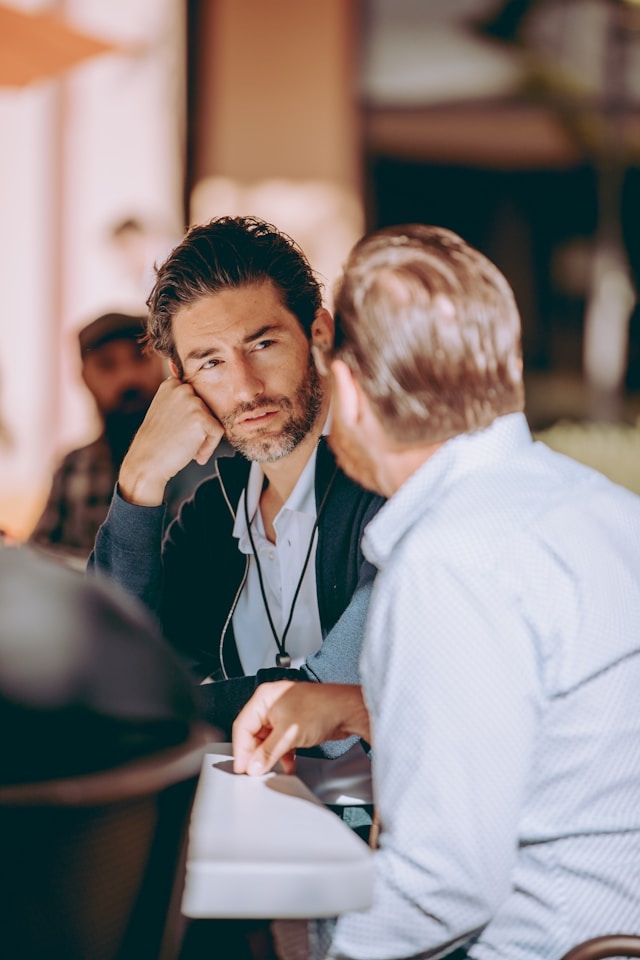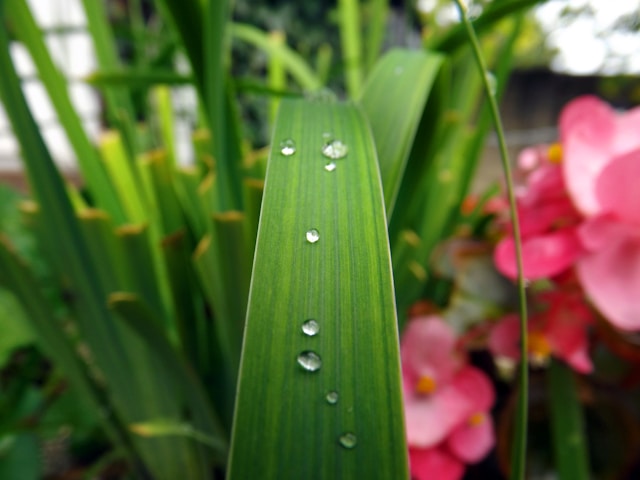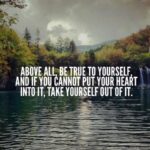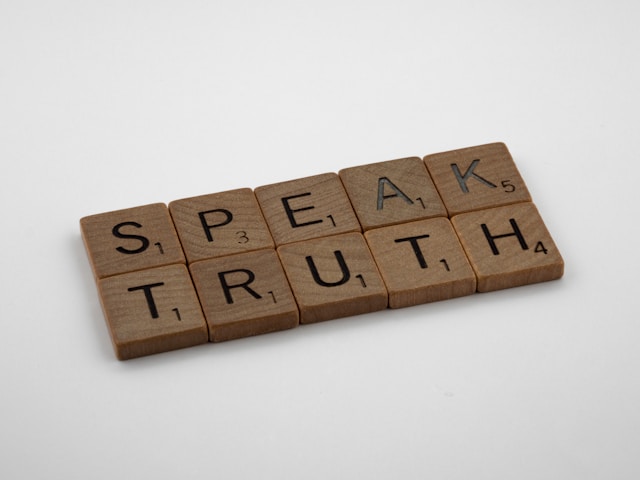Sometimes it’s nice to let life unfold without having to do anything.
—Calm App Reflection
Sometimes, the best thing we can do is simply let life unfold naturally. In a world that constantly urges us to hustle, plan, and control every outcome, pausing to embrace the flow can be incredibly refreshing.
Not every moment requires action or decision. Trusting life allows us to find peace in uncertainty and discover opportunities we might have missed while rushing.
Today’s quote is a gentle invitation to slow down, breathe, and appreciate the present as it is.
By surrendering control occasionally, we open ourselves to growth, creativity, and unexpected joy. Life’s beauty often reveals itself when we stop trying so hard to shape it.
EXERCISE:
What are some ways that you can recognize and accept that there is a natural order to life and that you cannot control everything?
Try starting out each day with a blank slate and allow life’s unfolding guide the way.














